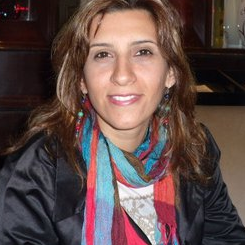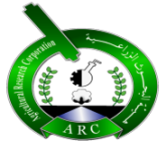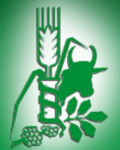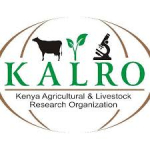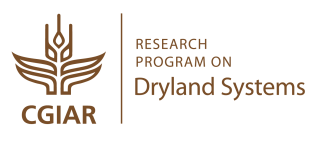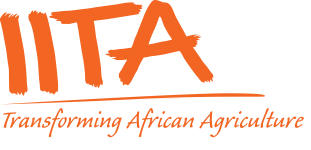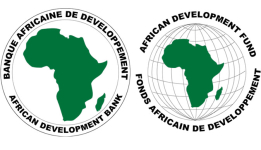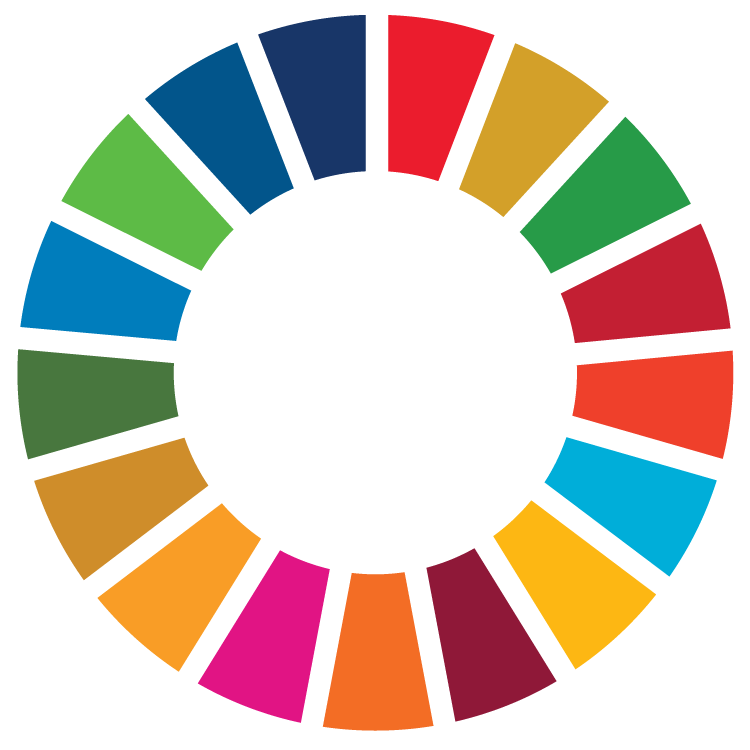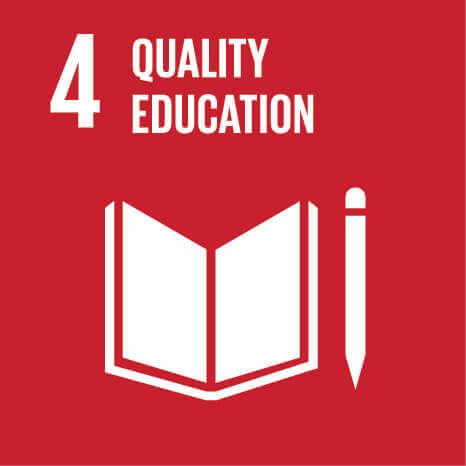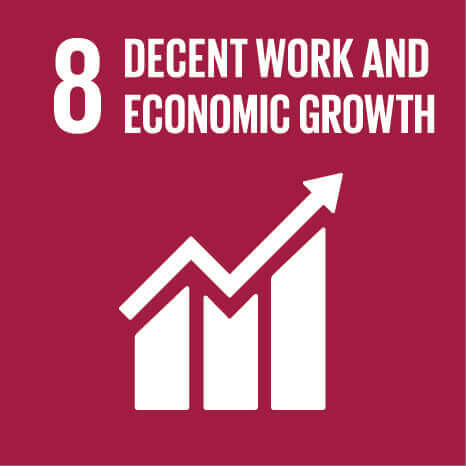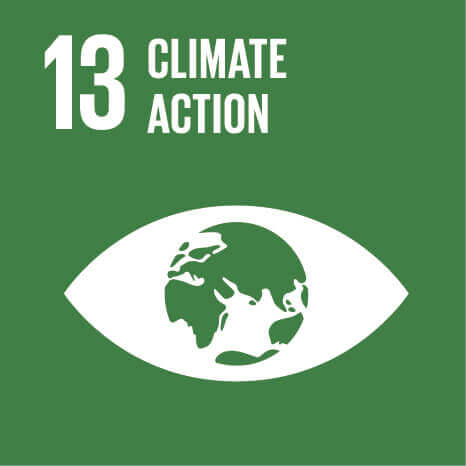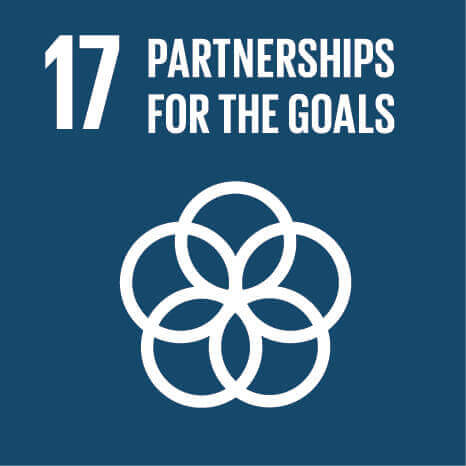SARD-SC is a multi- national CGIAR- led project, targets strategic crops in selected Regional Membership Countries in Africa: Benin Republic, Cote d’Ivoire, DR Congo, Eritrea, Ethiopia, Ghana, Kenya, Lesotho, Madagascar, Mali, Mauritania, Niger, Nigeria, Senegal, Sierra Leone, Sudan, Tanzania, Uganda, Zambia and Zimbabwe. The expected key outcome of the SARD-SC project is a twenty percent yield increase in cassava, maize, rice and wheat. This will be achieved by collaboration between three CGIAR centres, namely Africa Rice (focussing on the rice value chain), ICARDA (focussing on the wheat value chain) and IITA (focussing on the cassava and maize value chains). The project consists of four major components: the generation of agricultural technologies and innovations; the dissemination of agricultural technologies and innovations; local and national capacity building and improving project management efficiency. By focussing on those, the project aims to enhance the productivity of and income on a sustainable basis; reduce food importation from other continents; and offer farmers better access to markets, improve livelihoods and tackle poverty through enhanced capacities of beneficiaries in order to achieve sustainable development for the region.
The project consists of four major components: the generation of agricultural technologies and innovations; the dissemination of agricultural technologies and innovations; local and national capacity building and improving project management efficiency. By focussing on those, the project aims to enhance the productivity of and income on a sustainable basis; reduce food importation from other continents; and offer farmers better access to markets, improve livelihoods and tackle poverty through enhanced capacities of beneficiaries in order to achieve sustainable development for the region. The expected key outcome of the SARD-SC project is a twenty percent yield increase in cassava, maize, rice and wheat. This will be achieved by collaboration between three CGIAR centres, namely Africa Rice (focussing on the rice value chain), ICARDA (focussing on the wheat value chain) and IITA (focussing on the cassava and maize value chains).The enhanced productivity of key commodity crops will increase the average annual household cash income from its present $370 to $600 and increase the food security by twenty percent (from 73% to 84%) at the end of the project. With the implementation of the various technologies for the strategic crops, SARD-SC will produce Regional Public Goods(RPGs) of public interest. The new crop varieties, crop management and practices, knowledge and other products from the CGIAR ‘s research work will be made widely available to individuals and organisations working for sustainable agricultural development in the world. This will strengthen the position of individual farmers, consumers and farmers' groups including youth and woman. Besides, transporters, traders, small-scale agricultural machinery manufacturers and other private sector operators next to policy makers and institutions (NGO's, NARES) will indirectly receive benefits from this project.

